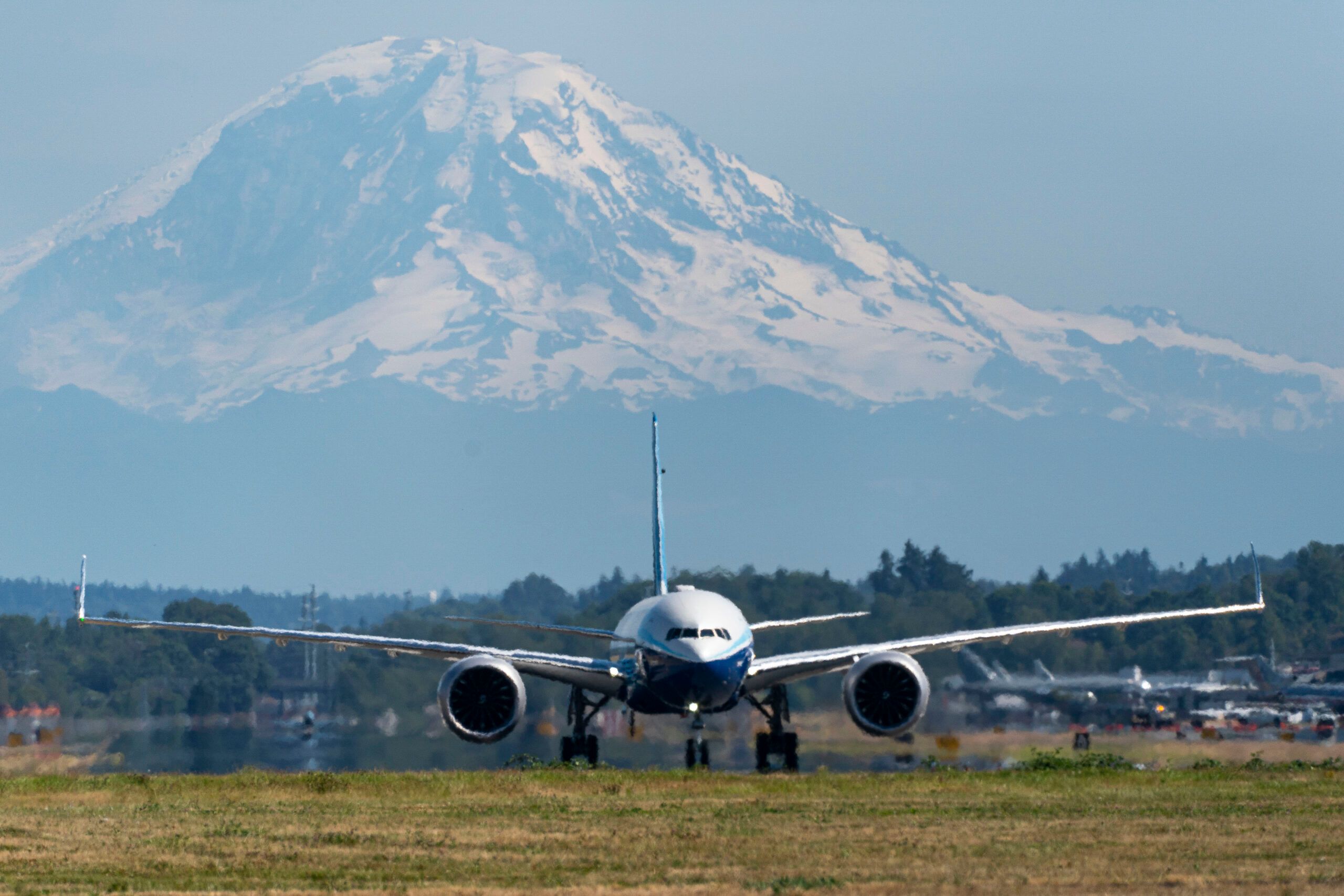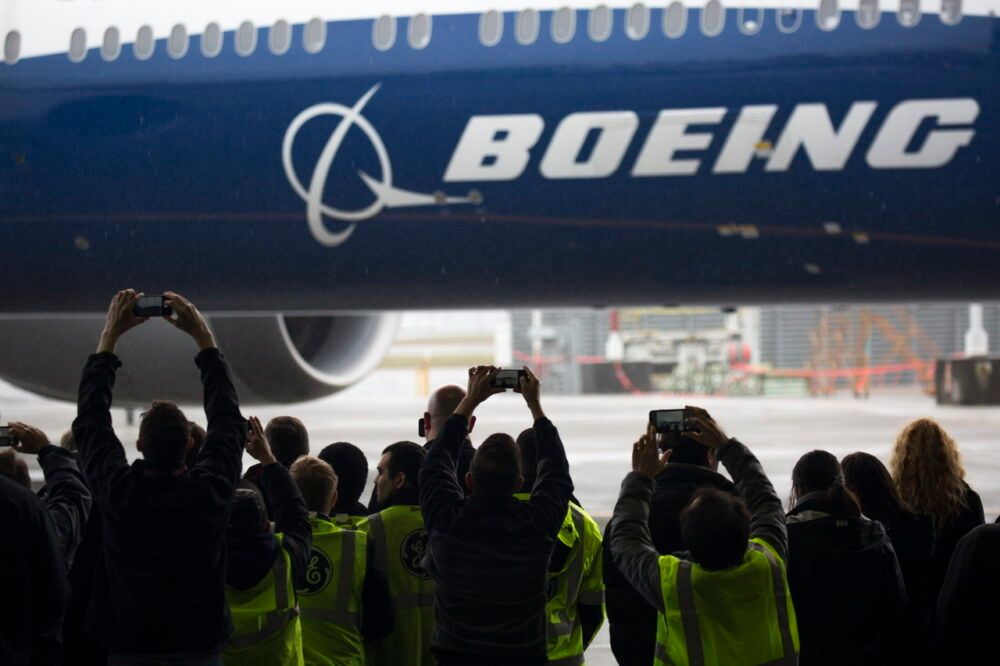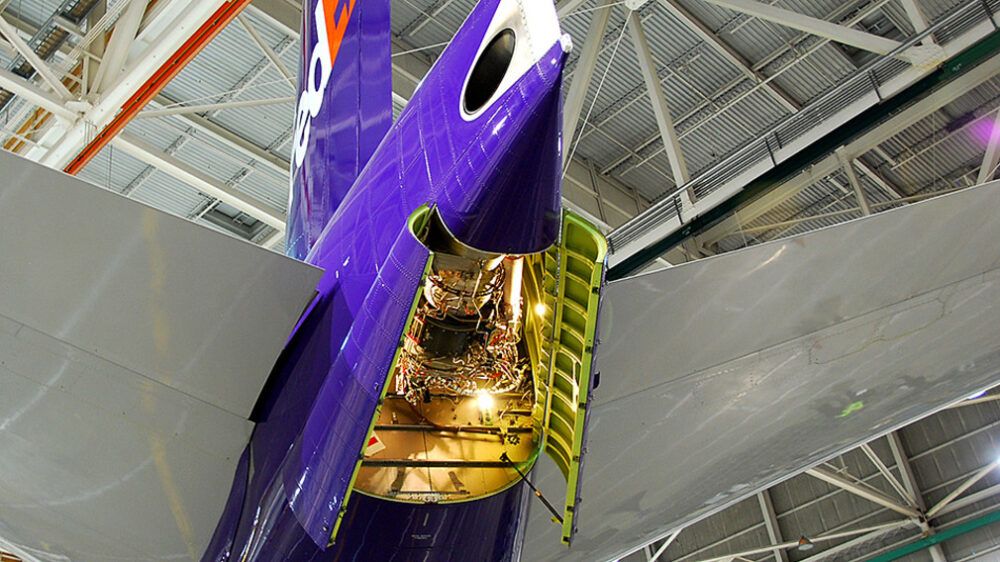Boeing today announced that it focused on producing commercial airplanes that are capable and certified to fly on 100% sustainable fuels by 2030. This move is part of the manufacturer's target of achieving the long-term sustainability of commercial aviation.
Urgent requirements
Boeing highlights that it previously performed successful test flights replacing petroleum jet fuel with 100% sustainable fuels. These progressions have been in response to concerns revolving around climate change.
The business refers to reports by the likes of the Air Transport Action Group and the US Department of Energy. These state that sustainable aviation fuels reduce carbon emissions by up to 80% over the fuel's life cycle with the potential to eventually reach 100%.
Currently, sustainable fuels are mixed directly with standard fuels with up to a 50/50 mix. This figure is the maximum allowed under present fuel specifications.
So, to reach the aviation industry's target to reduce CO2 emissions by 50% from 2005 levels by 2050, aircraft need the capability to fly on 100% sustainable aviation fuels much earlier. Boeing ultimately wants to help advance with fuel technologies. It will also work with regulatory authorities and others in the industry to assist with raising the blending limit.
Industry efforts
Boeing Commercial Airplanes president and CEO Stan Deal spoke about his company's drive to focus on sustainability missions. The firm is aligning with its network to work towards a common goal.
"Our industry and customers are committed to addressing climate change, and sustainable aviation fuels are the safest and most measurable solution to reduce aviation carbon emissions in the coming decades," Deal shared in a press release seen by Simple Flying.
"We're committed to working with regulators, engine companies and other key stakeholders to ensure our airplanes and eventually our industry can fly entirely on sustainable jet fuels."
Boeing's chief sustainability officer, Chris Raymond emphasizes that there is plenty of potential to be had with sustainable fuels. He shares that these fuels are already proving their worth and are crucial to reducing carbon emissions within the market.
"With a long history of innovation in sustainable aviation fuels, certifying our family of airplanes to fly on 100% sustainable fuels significantly advances Boeing's deep commitment to innovate and operate to make the world better," Raymond added in the release.
"Sustainable aviation fuels are proven, used every day, and have the most immediate and greatest potential to reduce carbon emissions in the near and long term when we work together as an industry."
The focus continues
Sustainable aviation fuels can be produced by a broad variety of feedstocks. This includes non-edible plants, agricultural and forestry waste, non-recyclable household waste, and industrial plant off-gassing. Above all, the resources are available. However, the next step is determining how to make the most out of them.
Altogether, what are your thoughts about Boeing's commitment to building aircraft that will run on 100% sustainable fuel? Do you feel that this is a good move by the company? Let us know what you think of the prospects in the comment section.



